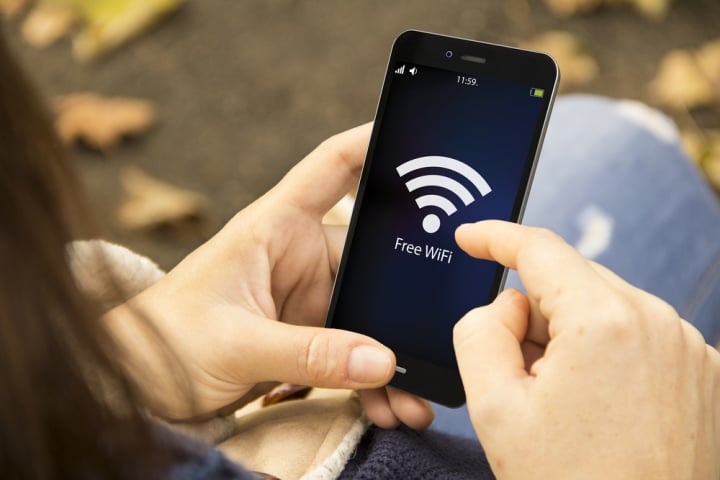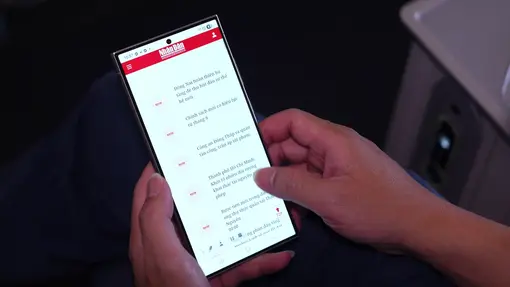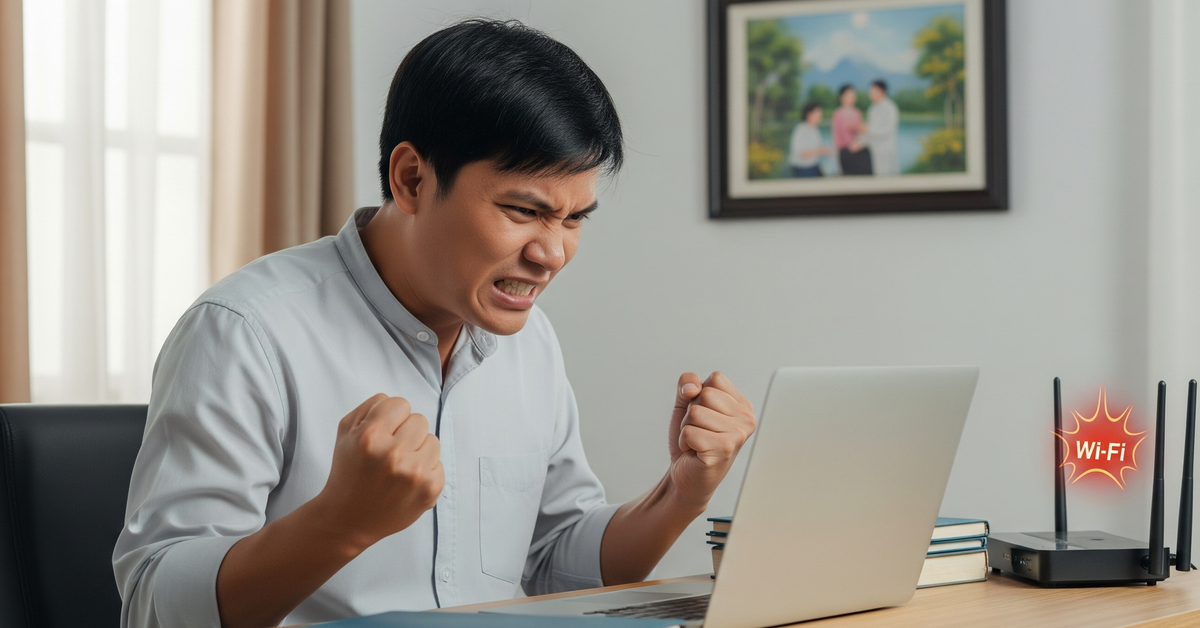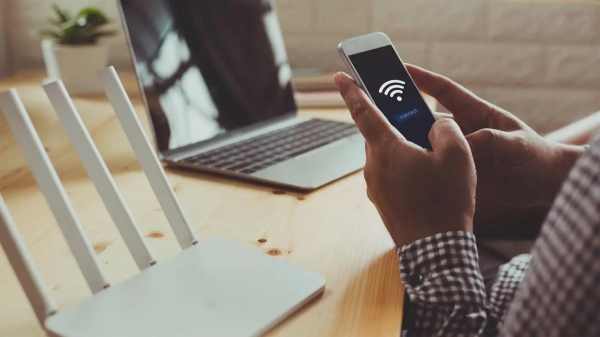Using public WiFi puts users at risk of having their personal information compromised. Hackers will monitor and intercept incoming and outgoing connection data on your WiFi-connected device. They can also direct users to malicious websites to steal financial information or install malware on the device for remote access.

Tools to detect fraudulent WiFi hotspots that not everyone knows about. (Photo: Shutterstock)
You should avoid accessing networks without passwords and sending data out without encryption, as this data can be easily collected by bad guys. Here is a tool to detect fraudulent WiFi hotspots.
According to security researcher Tom Neaves (Trustwave), spoofing the MAC address and SSID (network name) in public places is relatively simple. Then the phone will automatically connect to WiFi if the user has been to these places before.
The researcher has now successfully developed a tool to solve this problem, making it easy for users to detect rogue WiFi access points by comparing the current access point information with the previous one. The new tool, called Snappy, can detect rogue WiFi access points that are spoofed to steal data.
By analyzing, Tom Neaves found some characteristics of the access point (which do not change over time), such as the provider, BSSID, supported speed, channel, country, maximum transmission power and some other factors.
The researcher uses the signature function to generate a unique signature for each access point. This signature can be used by a scanning tool to generate matches and mismatches.
If the information matches, this means that the access point is the same as the last time. Conversely, if the information does not match, it means that something has changed and the access point the user is connecting to may be fake.
You should note that when you turn on your device and look through the list of WiFi networks that have been captured, there are many different names. Only choose networks that you know clearly and belong to a specific company or hotel. You should not connect to strange WiFi networks that do not have a password protection, even if the network has better transmission quality than the one you usually use.
At the same time, absolutely do not use public WiFi to buy or exchange anything related to personal accounts. This will be the main reason why you can lose your bank account or other important network service accounts.
In addition, you should not use the same password on many important services at the same time because if you expose one account, hackers will quickly test those accounts to gain control of your mailbox.
In the age of technology, don't be subjective when using public WiFi, because sometimes just a small mistake can cause your personal information to be stolen.
NHI NHI (synthesis)
Source




![[Photo] President Luong Cuong receives delegation of the Youth Committee of the Liberal Democratic Party of Japan](https://vstatic.vietnam.vn/vietnam/resource/IMAGE/2025/8/22/2632d7f5cf4f4a8e90ce5f5e1989194a)
![[Photo] President Luong Cuong attends special political-artistic television show "Golden Opportunity"](https://vstatic.vietnam.vn/vietnam/resource/IMAGE/2025/8/22/44ca13c28fa7476796f9aa3618ff74c4)
![[Photo] Prime Minister Pham Minh Chinh chairs the conference to review the 2024-2025 school year and deploy tasks for the 2025-2026 school year.](https://vstatic.vietnam.vn/vietnam/resource/IMAGE/2025/8/22/2ca5ed79ce6a46a1ac7706a42cefafae)


































































































Comment (0)